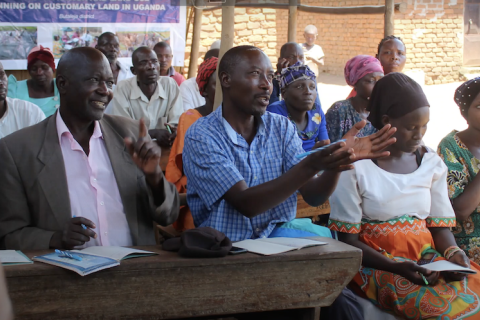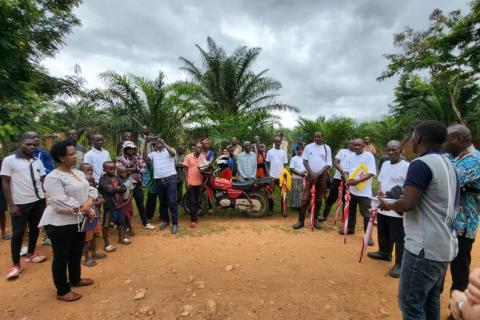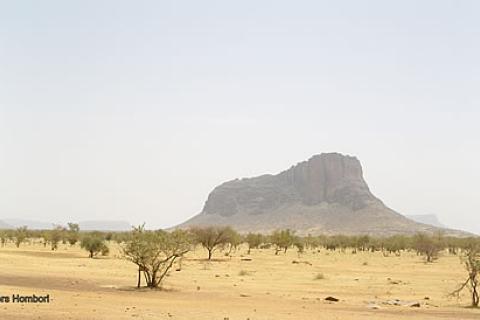Récapulation du webinaire : Renforcer la résilience climatique par une gouvernance foncière inclusive
Le jour de l'ouverture de la #COP28, nous avons organisé un webinaire, " Renforcer la résilience climatique par une gouvernance foncière inclusive ", qui a approfondi le rôle crucial que joue la gouvernance foncière inclusive dans le renforcement de la résilience climatique.





